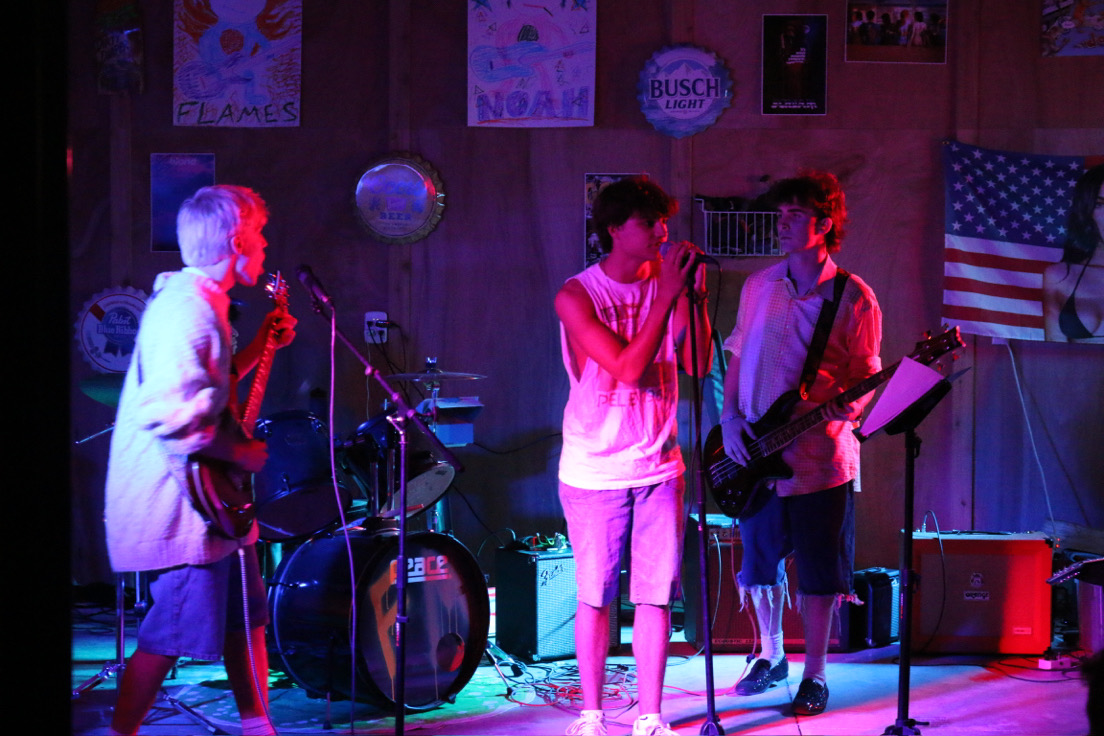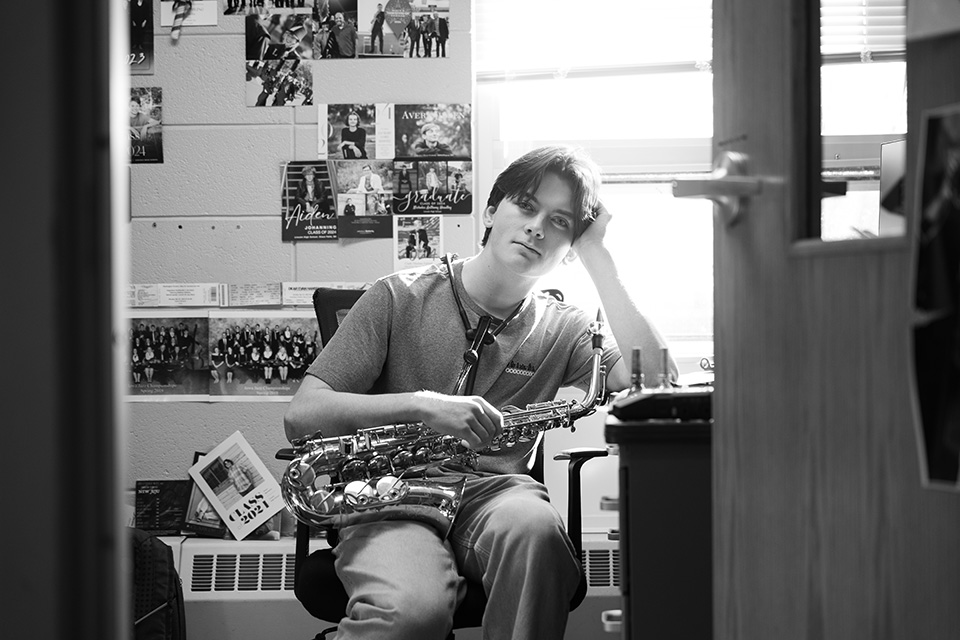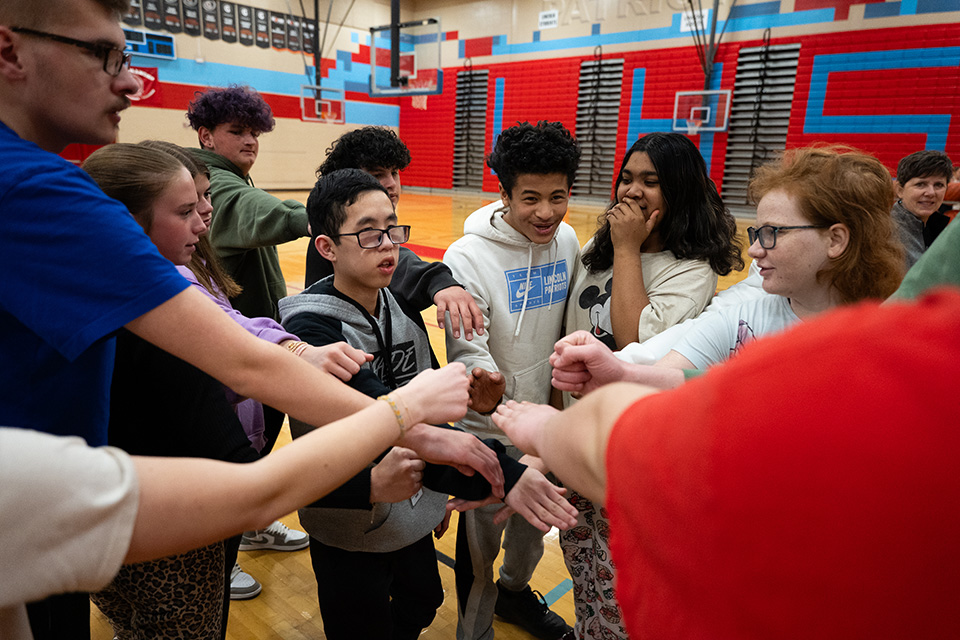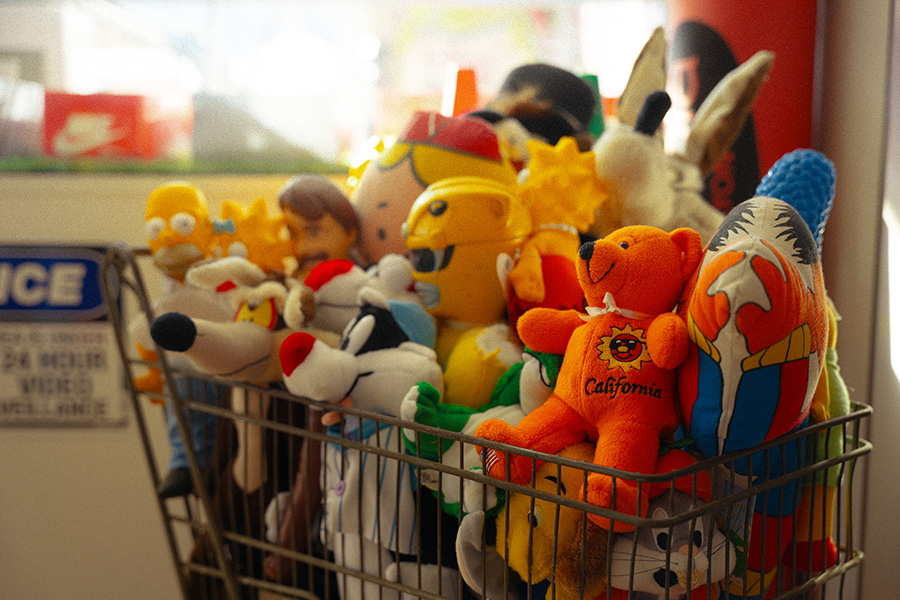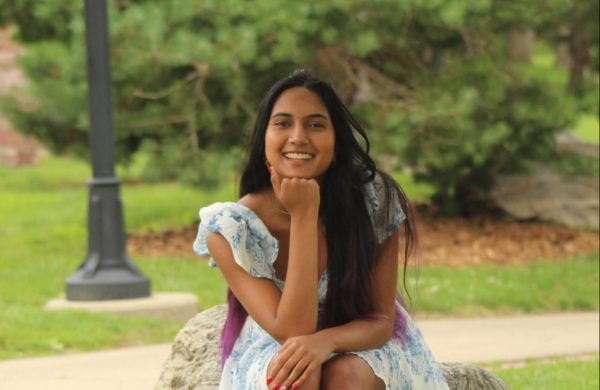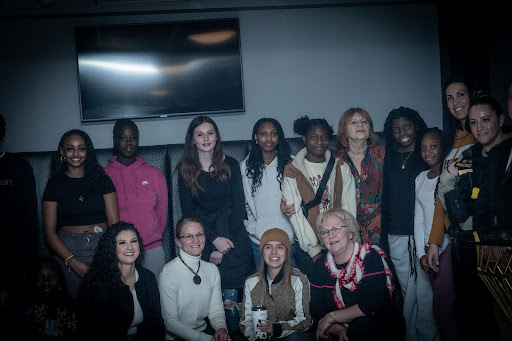
When immigrants move to this country, they face everything from racial stereotypes to isolation; they do so while battling the juxtaposing pressures to assimilate and keep their home country’s way of life. These struggles stem from cultural barriers and are even more potent for kids. As the number of immigrants in the Sioux Falls area is now at 8.71%, according to the US Census Bureau, and exponentially rising, the need for a program to help immigrants and the children of immigrants alike is heightened.
Irina Goubanova, the program director and founder of an organization called Translators of Culture, realized this over 20 years ago while teaching and counseling at WMS. She noticed how several students were struggling to deal with the grief and trauma they experienced in their home country, whether from wars or natural disasters. She watched as minority kids who had difficulty assimilating were often misunderstood by mainstream culture; Goubanova contemplated the causes of this discrimination, from limited knowledge of other cultures to belief in American exceptionalism.
“I remember, there was one student from Southern Sudan. He had a fight on a school bus because another kid called him names. This Sudanese kid, let’s call him Adam, spent a few days in JDC [ juvenile detention center] after the fight. The other kid did not. After Adam got back in school, he had to spend a week at the behavior program. I met with him at that time. He said that he was ‘bored to pieces.’ I asked him what his assignments were, and he showed me one: matching simple words and coloring. The kid was really smart; he was a very bright kid. He was very interested in science and math. He would say, ‘I could do science and math all day long,’” said Goubanova. “After that conversation, I talked to the teacher and asked if it is possible to let Adam do science in the behavior class. Her reply was, ‘No,’ so the kid continued matching words and coloring for the rest of the week while feeling resentment about being punished and misunderstood. Of course, it was more than twenty years ago, but because of language and cultural barriers, many newly arriving kids still feel misunderstood and underappreciated.”
This unfortunate incident reminds us of how easy it is to undercut the talents and abilities of new Americans who are still learning English and trying to fit into a new culture. The persistent misjudgment of immigrant students by their teachers and peers often results in feelings of loneliness. Translators of Culture aims to give a sense of community to those battling this isolation and provide kids with an outlet to discuss their difficulties, fostering understanding with other immigrant children.
Goubanova began Translators of Culture in the early 2000s. Since then, they have had a wide variety of programs to bring different cultures together from cultural celebrations and fashion shows to community outreach programs. They have provided masks and food supplies during the pandemic, volunteered at the Bishop Dudley House and even created a Memory Garden with collected stories of U.S. war veterans and refugees. The organization also provided academic resources in schools such as the SHOES (Sisters Helping Others Endure and Succeed) and BOOTS (Boys Offering Opportunity to Success) programs which were peer tutoring programs at WMS and WHS, along with an Adults Mentoring Minority Youth program which provided kids with role models.
Since the pandemic, Translators of Culture has less of an affiliation with the schools; now, their main program called STARS connects kids with Sioux Falls community leaders, giving students more perspective on certain career paths they might want to pursue after high school.
“A lot of kids, they always say ‘I want to be a doctor.’ It’s always a doctor, but they don’t even realize all of the other opportunities they have or how much schooling they have to do to be a doctor,” said Goubanova.
STARS allows minority students to discover what they are passionate about while developing their leadership skills. Students choose what subject, whether from finances to healthcare, they are the most interested in and get the chance to meet with bankers, business leaders and even detectives of the Sioux Falls area. The STARS program launched in the fall of 2021 and Translators of Culture will host their STARS IV later this year.
“Many Sioux Falls public schools have about 50% of minority students, but that is not always reflected in our public institutions or leadership positions,” said Goubanova.
While many great programs within schools help minority kids transition to life here, countless refugee and immigrant kids still feel that they and their cultures are not fully valued and respected, resulting in feelings of loneliness that hurt their confidence and their ability to learn. Making meaningful connections while struggling to assimilate and finding a balance between two differing cultures is an incredibly arduous task. Therefore, Translators of Culture is a necessary organization, especially in the Sioux Falls community, as it helps minority youth fit in, bridges cultures together and builds confidence.
“We want kids to be proud to be Americans, yet still take pride in their family’s culture,” said Goubanova.




